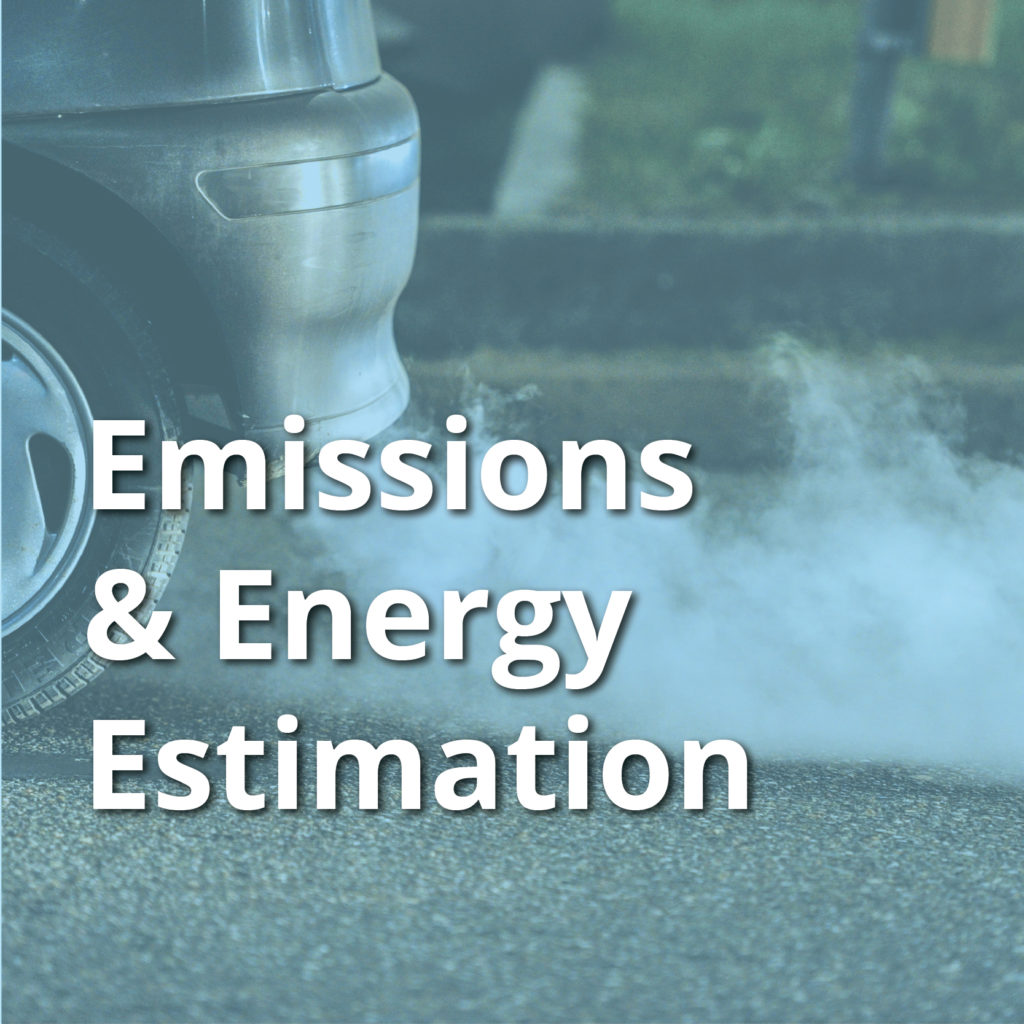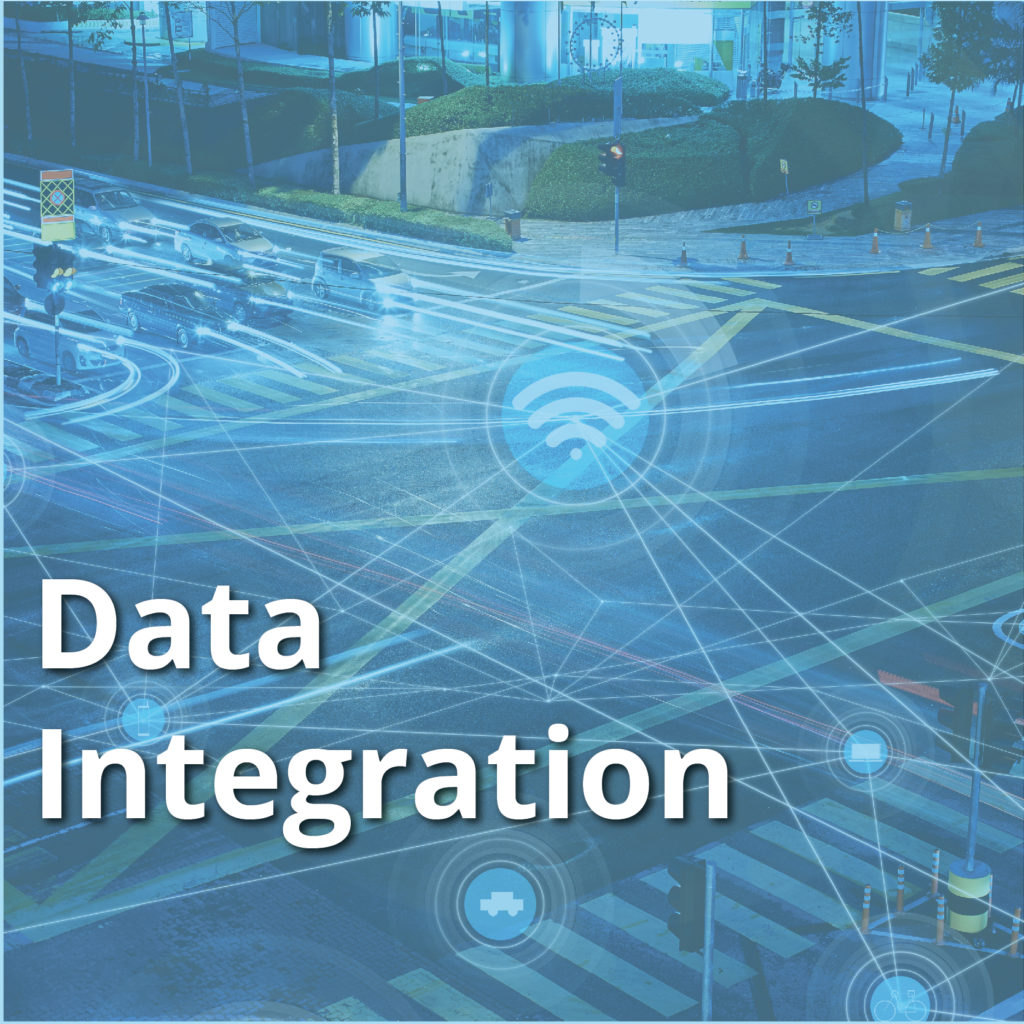CARTEEH has five interrelated focus areas, as shown below. The first three cover the spectrum from the transportation system (with a focus on alternative and emerging technologies), to transportation emissions and energy estimation, and an understanding of emissions exposures and its associated health impacts. The next focus area deals with integration of data between these three areas. Finally, an overarching policy and decision-making focus area addresses policy implications and informs decision-making.

Research focused on how technological advancements (including vehicle, engine, and fuel technologies) affect transportation emissions and their implications from a public health perspective.

Enhanced modeling and measurement of transportation emissions and energy consumption, and the implications for air pollution and public health outcomes.

Promoting a better understanding of how exposure to transportation emissions affects public health (including specific population groups or occupations), and how these impacts can be mitigated.

Exploring the application of integrated datasets from various disciplines for improving policy, decision-making, and public health outcomes. Develop and implement methodologies and protocols that leverage data for innovative purposes.

Understanding how energy policy and air quality/regulations affect greenhouse gas emissions, criteria pollutant emissions, and public health outcomes.




